How to Get Employers Interested in Your Job Application
Expressing Passion Clearly | Nail Your Resume Introduction | Hiring Manager Decides Within The First Ten Seconds | Interviewees: Do Your Research & Homework
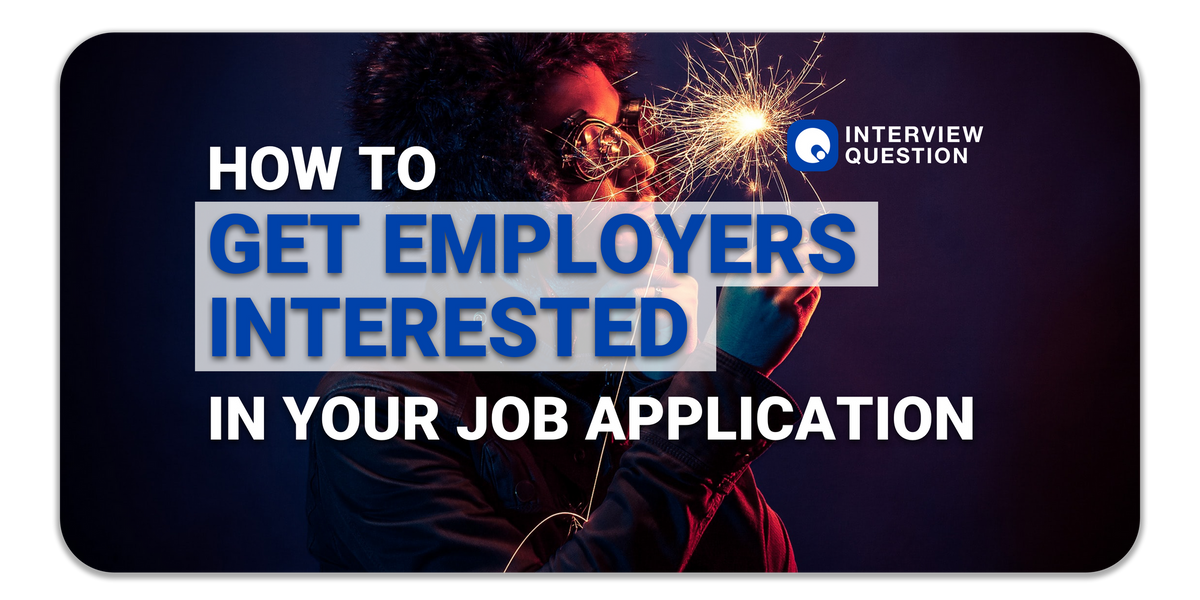
Today's world is ever-changing, and that means that many jobs are always coming and going. In order to land the job you've been looking for, you're going to need a way to stand out from the crowds. That's where this article comes in. It will give you some great tips on how to get employers interested in your application.
Expressing Passion Clearly
It has been said that the first step to getting your dream job is finding a job that you would be happy doing even if no one was paying you. This means that if it's not something you'd do for free, don't bother applying for it.
While this may seem like common sense, many people don't actually follow it. What they fail to realize is that if they don't really want the job, their level of effort will reflect in the quality of work they're able to produce.
Additionally, many places are using software to scan resumes and sort them by individual traits like keywords and formatting. If your resume is not formatted correctly, it will be thrown out immediately. This means that you need to put time, effort, and energy into making sure that your resume is perfect.
If you are passionate about the job that you are applying for, then it will show in your application.
Nail Your Resume Introduction
Every job application includes the opening paragraph. The opening paragraph is where you reel in the reader's attention, grab their interest, and get them to keep reading to find out more about your job opening. The opening paragraph in a resume should start with a question, followed by a statement of fact.
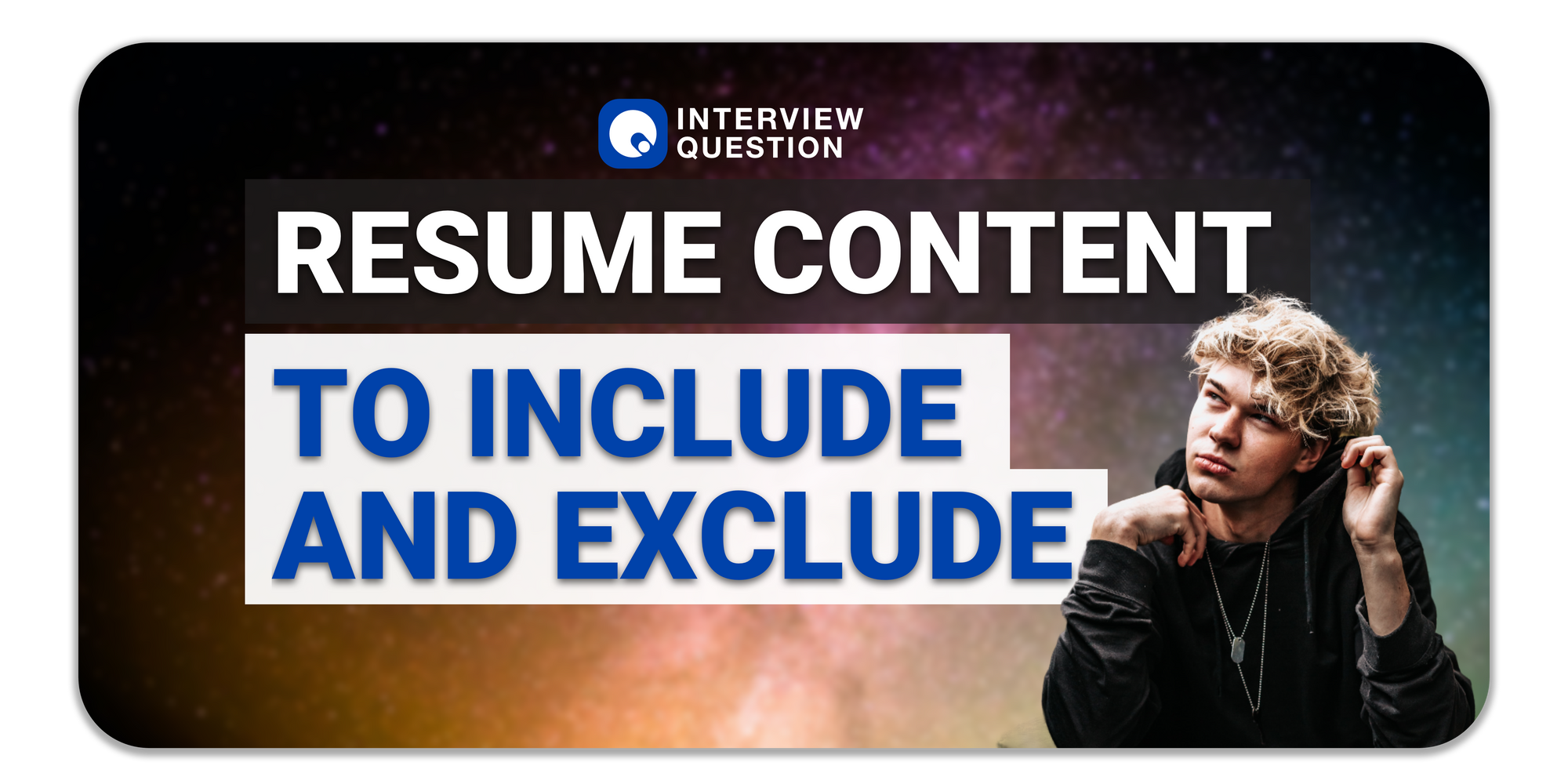
For example, if you're applying to be a nanny for a family that has three children, then your first line might be as follows: "I am a caring and patient individual who loves children and enjoys being responsible for their safety and well-being."
This allows the employer to instantly know what you hope to gain from the job. You want a job so that you can provide for others. It's a good thing to let them know this right off the bat.
Hiring Manager Decides Within The First Ten Seconds
In one study, it was discovered that up to 90% of hiring managers have made up their minds about an applicant within 10 seconds of seeing them.
In an interview, those seconds give an interviewer time to make a snap decision to decide if they like you or not. This means that employers are looking for something very specific right off the bat, and you need to know what that thing is.
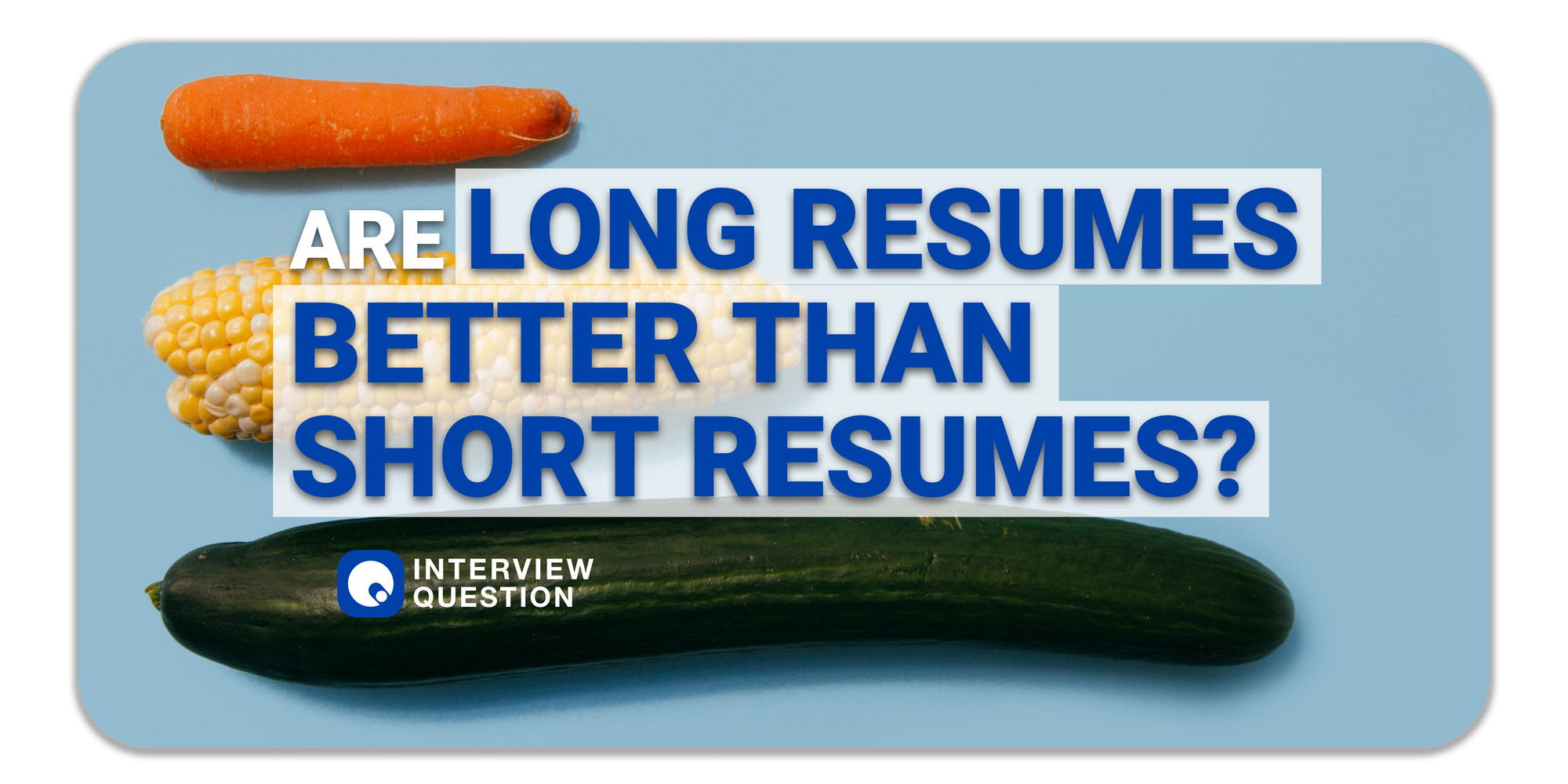
If you can figure out what trait the employers are looking for, then you can use it to your advantage.
For example, if your dream job is to work as a team leader at an advertising agency, but the business only hires candidates with educational backgrounds in marketing, you will want to make sure that's clear on your resume and you behave, speak and articulate these same ideas consistently in the interview. It's important to not only show them that you have experience in marketing, but also show them how valuable of an asset you would be as a team leader or supervisor.
Interviewees: Do Your Research & Homework
The art of applying for a job is important. Regardless of whether it's your first job, or if you're just applying to open positions, you need to be prepared for any situation that might arise throughout the interview process.
One of the most common mistakes people make is submitting an application that fails to provide enough information about their skills and experience. An applicant who fails to provide enough detail about their experience, cam later lead to him being told that they were not qualified for the position when they were interviewed - a disqualification.
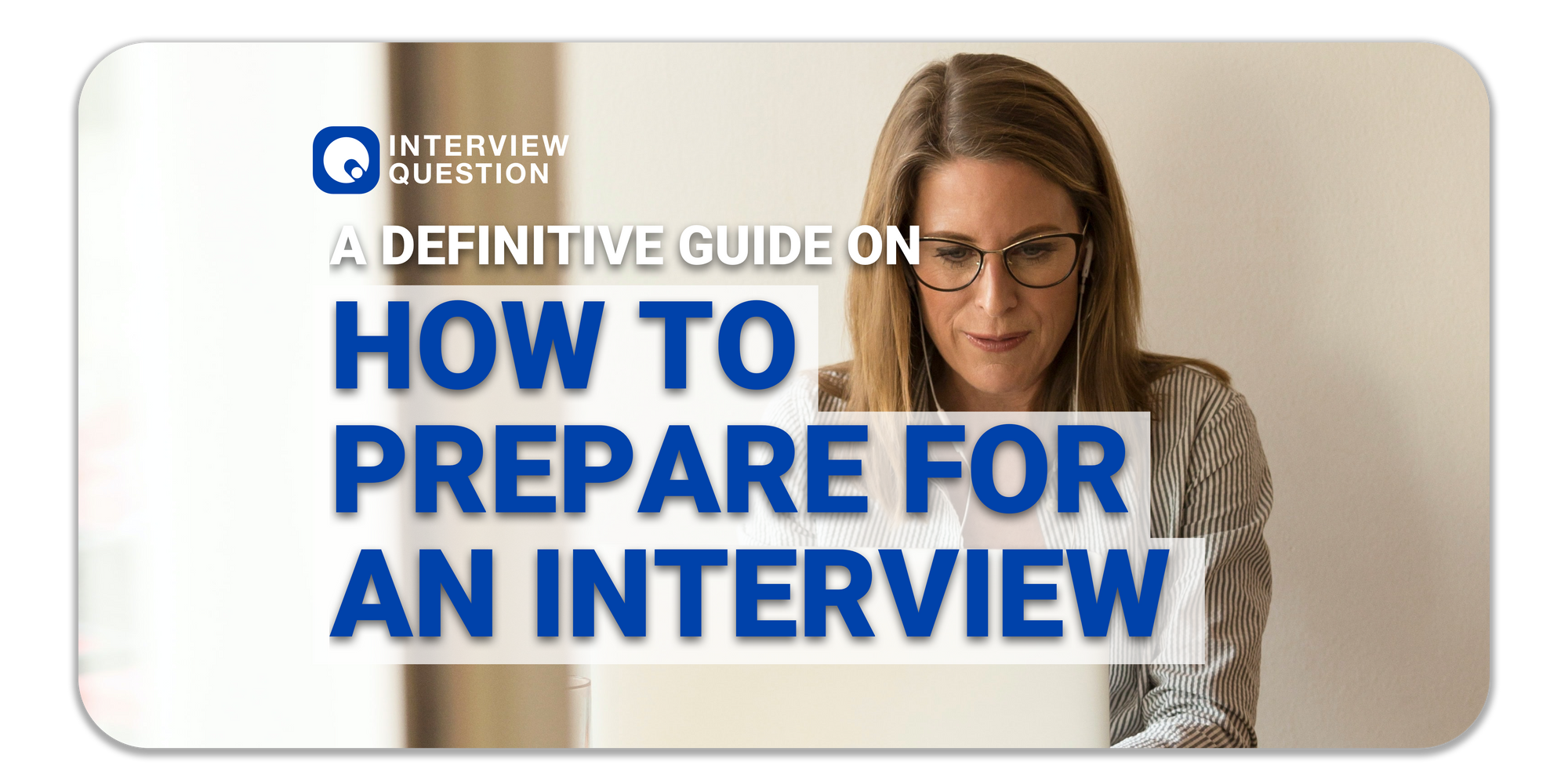
In order to increase your odds of being contacted after your application has been submitted, you need to do a little bit more research on each position you apply for. This means that you need to talk to the people involved in the job, and learn as much as you can about their company. You also want to find out what they are hiring for, what kind of people they are looking for, and anything else you can think of.
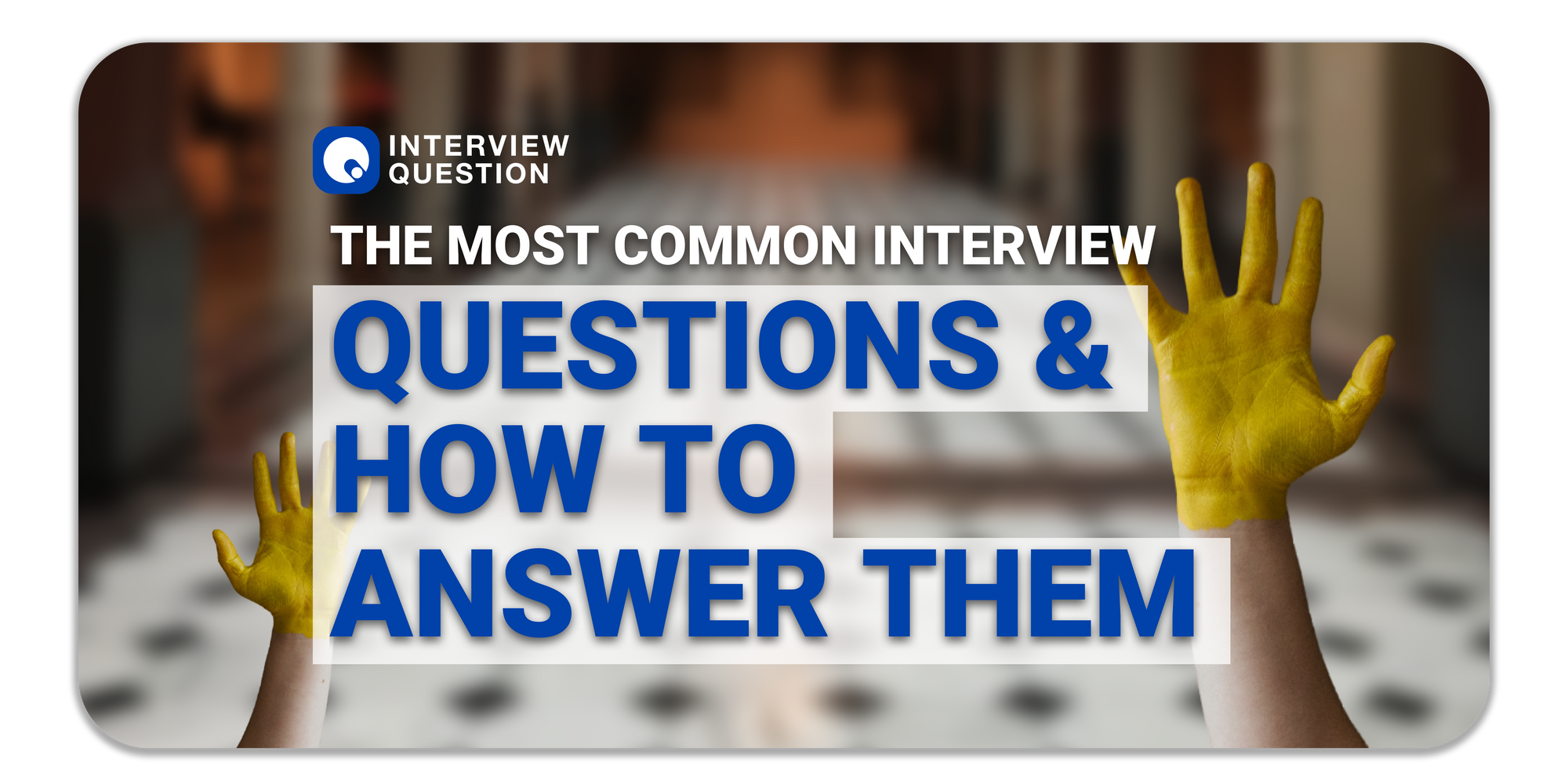
Additionally, it's important that you prepare by learning about the company's culture, management style and goals. You don't want to show up unprepared or uninterested in your interview because then it will reflect in your work performance. It's important to make a good impression with both your resume and your interview skills.

